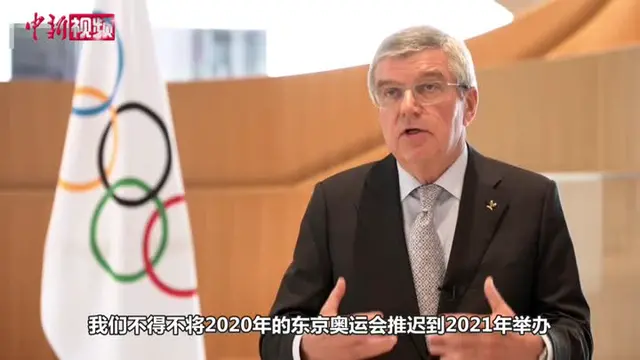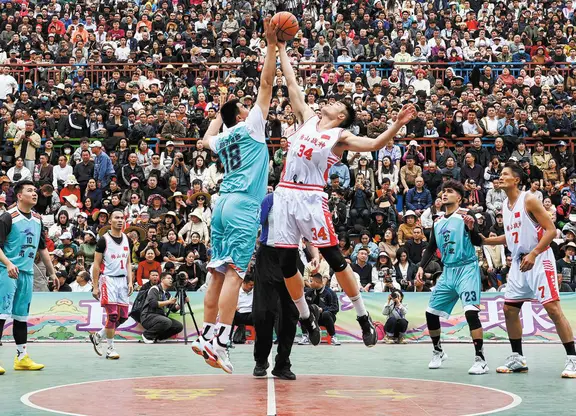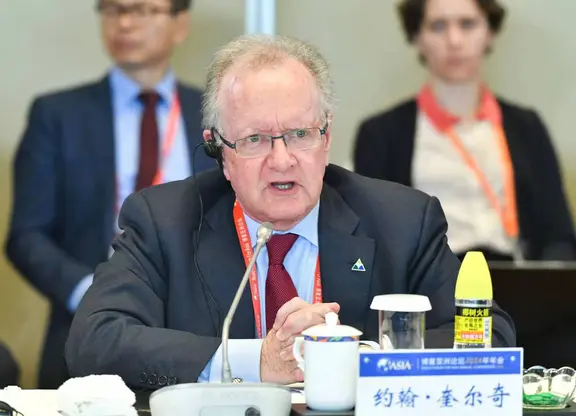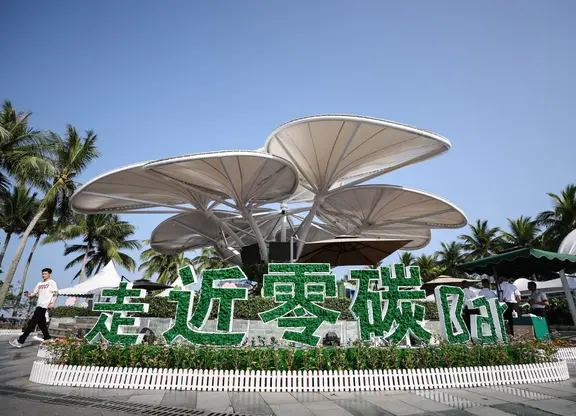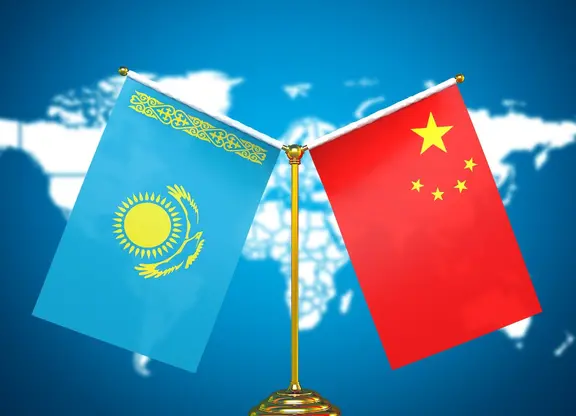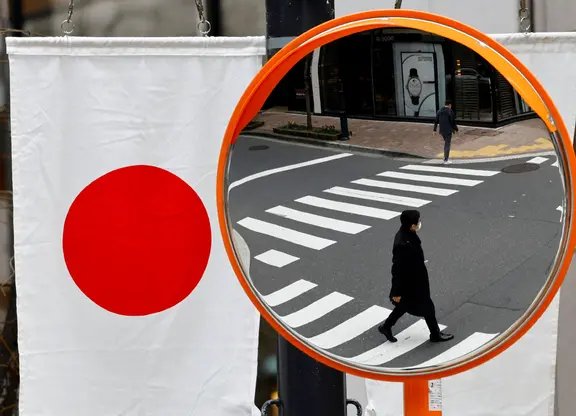By APD Commentator Ji Xiaojing
Translated by Ye Shan
The 48th House of Representatives election in Japan was officially announced on Oct. 10, with about 2,000 candidates contending for 465 seats. The voting, which will end on Oct. 22, is going to determine whether Prime Minister Shinzo Abe will continue to be “solely dominant” in the Japanese political arena.
Although the country’s political situation seems complicated and confusing at the beginning of the election, as a long-standing opposition party fell apart and two new parties emerged, we can come to the conclusion that Abe has great odds of winning.
We must admit that he had picked a good timing.
Although it was risky to dissolve the House of Representatives in advance, a move regarded as a “high-stakes political gamble,” the sophisticated Japanese politician, with a clear verdict of the circumstances, has started to play the game only after saving enough chips.
After the cabinet reshuffle in early August, the approval rate for the Abe cabinet notably surged from 30 percent to 50 percent. With escalated tension on the Korean Peninsula, the odds of winning are in his favor.
When the peninsula situation stabilizes and domestic disputes regain spotlight, it will be hard to continue his regime as Abe’s approval rate will likely decline again.
The politician has chosen a perfect timing to advance the election so as to pave his way for governmental transition in the post-Abe era.
In spite of Abe’s scheme and surprise for his opponents in order to continue the situation of “one dominant party versus many disadvantaged parties,” the impetus of Yuriko Koike’s Party of Hope exceeded Abe’s expectations.
After the dissolution of the parliament, multiple opposition parties expressed their intention to ally with Koike and resist Abe.
There are quite a few voices of opposition but a successful counterattack seems unlikely as Abe’s rivals are not strong enough.
The largest opposition, the Democratic Progressive Party (DPP), stirred public dislike with its political failure in its last administration and its approval rate remains sluggish.
As Abe’s move gave the DPP a head-on blow, the party broke into three parts: some joined the Party of Hope, some established the Constitutional Democratic Party of Japan, while others participated in the election independently. All three parts were more or less weakened, which actually greatly helped Abe.
The Party of Hope had surprised all but lacked stamina, as its leader Koike did not run and no candidate had been announced, which will easily cause doubt and distrust among the public.
Moreover, the Party of Hope does not differ from Abe in terms of constitutional revision, security policy and economic proposition. With no new political appeals, it seems to only exist to oppose Abe’s dominancy. As a result, the party had an impressive debut at first and a plummeting popularity at present.
A poll by the Japanese newspaper Yomiuri Shimbun showed that 71 percent of the surveyed think Koike should concentrate on working as the executive officer of Tokyo. In addition, integration of political and financial resources is also difficult for the newly-founded party.
Led by Japanese politician Yukio Edano, the Constitutional Democratic Party was established by former DPP members.
However, it lacked strength, and even if the Japanese Communist Party and the Social Democratic Party endorse the newly founded in election, it is hard to sway the Liberal Democratic Party (LDP).
The Constitutional Democratic Party has inherited the framework of the disfavored DPP and it is hard to gain people’s favor. Although it seems that now three major players stand in the Japanese political arena, it is hard for the left-wing Constitutional Democratic Party to get anywhere under the attack of the right-wing LDP and Party of Hope. We also cannot forget the conservative tendency of the Japanese, many of whom are afraid of change.
Based on previous election results, conservative voters make up a majority. After the painful lesson of the Democratic Party, the Japanese are highly unlikely to vote for a bubble party as they did in 2009. Although Abe had scandals since taking office, there were no major faults.
Although Japanese economy remained sluggish, the current domestic situation is reassuring to voters as the economy is not experiencing apparent recession and unemployment remains low.
The Japanese public may not like Abe, but the majority are prone to maintain the status quo with no better choices at hand.
The LDP will probably maintain its position as the largest party in the House of Representatives given its preemptive head-start and its rivals’ weaknesses.
Should no black-swan event happen, the LDP and the Komeito Party would maintain majority of the seats.
However, even if Abe wins reelection, his ride in office will be bumpy, as a series of issues like national security, economy and people’s livelihood remain to be addressed.
But it is certain that if Abe wins, the pacifist constitution will most likely be revised in his new term, which is definitely not auspicious for Japan’s neighbors.
(ASIA PACIFIC DAILY)
 简体中文
简体中文

